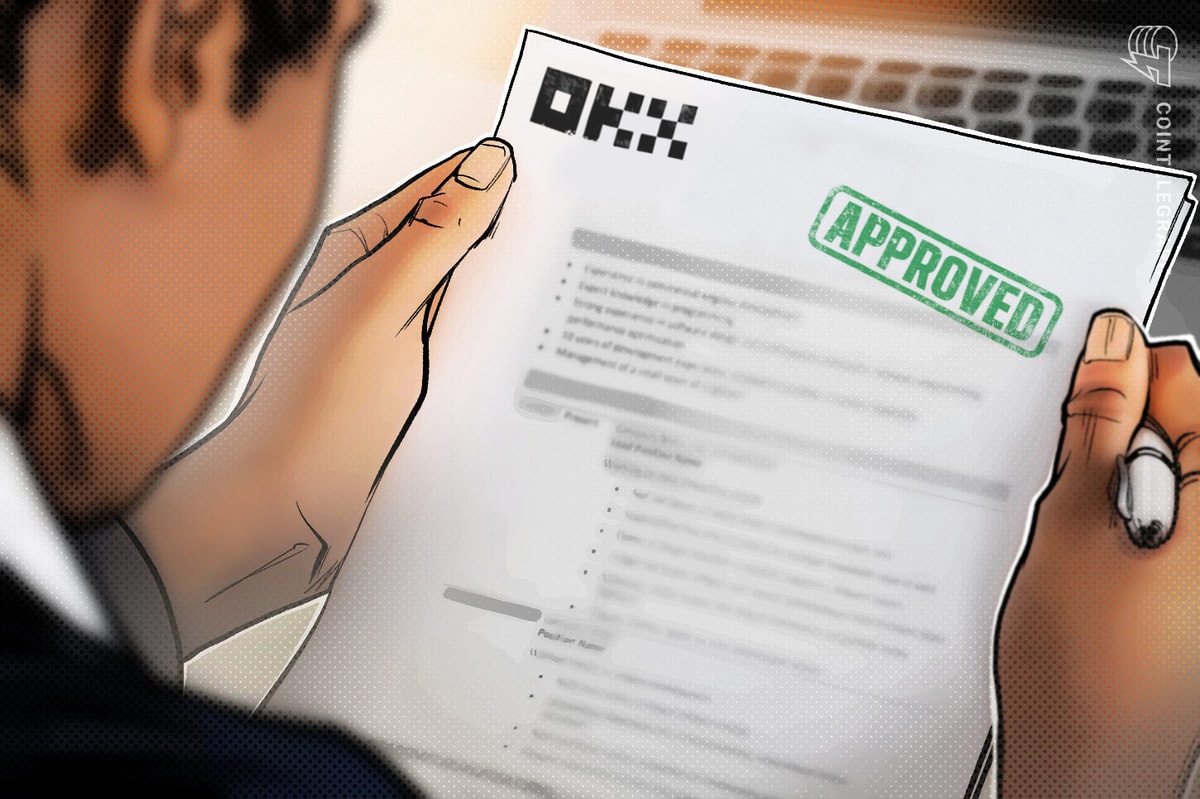
What if you don’t report all of your Bitcoin gains on your US tax return? You must have at least considered it by now. How would the IRS know? I get this question from clients at least as often as I see it in print. It is a tempting proposition: last year, US taxpayers had around a 1 in 100 shot of being selected for an audit by the IRS. This year, with more responsibilities (management of compliance with the Affordable Care Act) and less funding, the odds of dodging an audit are even better. However, if you decide to underreport your income and get caught, the result could entail severe consequences for you and also damage to Bitcoin’s regulatory future for all.
At this point in its development, Bitcoin seems largely to attract three overlapping types of people: early adopters that are intrigued and/or excited by its possibilities (I’ll call these “blockchain evangelists”), investors and entrepreneurs that see a way to cut costs or a new way to invest for a return (“economic pragmatists”), and those who see Bitcoin as a way to get a little further away from a state-controlled money supply (“crypto anarchists” or just “tax protestors”). All three of these groups have something to gain and something to lose by “forgetting” to report Bitcoin gains at tax time, but it is only the latter group that seems determined to dispense and propagate bad tax advice.
Let us say, for the sake of illustration, that you booked substantial Bitcoin gains in 2013. Not enough to make you a Bitcoin millionaire, but enough to pay cash for a nice car and also enough that you would genuinely have an incentive to not report it. If you are like most young American Bitcoin users, you likely fall into a cohort that earns a salary between $50,000 and $100,000 per year, so your Bitcoin gains are not insignificant compared to your regular income. You decide not to report your gains, either because you just don’t think they are taxable (incorrect) or because you think it would be impossible for the IRS to find you out. Now what? Here are the facts about IRS audits.
The first thing that happens after you file your tax return is that the IRS computer automatically checks it for mathematical and demographic accuracy. Arithmetic errors (rare, since most people e-file using software) are caught at this stage, as are attempts to claim extra (read: non-existent) dependents or other obvious mistakes (name and SSN mismatch, for example). If the return was submitted in proper form and appears to be error free, then the IRS accepts it and begins to process your refund or generate a bill for any tax due. You will probably receive one or the other within about two weeks of filing. At some point thereafter, maybe a few months up to a year, the IRS evaluates the returns that have been filed for reporting discrepancies. For example, if you fail to report income that was previously reported to the IRS by omitting a W2 or 1099 or if you claim an exemption to which you were clearly not entitled (such as the combat zone tax exclusion when you didn’t serve in the military overseas), the IRS will initiate a correspondence audit and send you a letter asking for you to either pay the balance due or explain why you believe your position is correct.
If your return makes it past the fact centric checks, then it will eventually be subjected to other types of analysis to determine whether you will be selected for an audit. Many of the ways that could cause you to be selected have nothing to do with you directly. For example, a routine inspection by the IRS may reveal your tax preparer is corrupt, calling his work into question and resulting in an audit of the returns that he has prepared. You could also just get selected at random. Certain tax situations are likely to draw increased scrutiny based solely on the fact that they are frequently associated with abuse. These include taking the home office deduction, claiming “contract” employment, claiming the research and development tax credit and many others. Certain combinations of factors are known to indicate high likelihood of abusive or evasive activity. Like the FICO scoring model, these factors are a closely guarded secret. Many IRS audits are initiated based on tips provided by friends, neighbors or coworkers (for which the tipster can expect to claim a reward in the form of a percentage of additional tax collected).
If you are selected for a full audit, it will most likely occur between two and three years after the date your return was originally due (the statute of limitations for an audit is three years). At that time, you will be asked to substantiate all of the items on your tax return for each year under audit. Since taxpayers don’t purposely over-report taxable income, the emphasis will be on proving not only that you reported all of your income (that there isn’t any more than you reported), but also on proving that you were entitled to the deductions and credits claimed. It is at this stage when your Bitcoin activity will most likely be discovered.
Tax auditors are particularly adept at discovering undeclared sources of income. The easiest way is to simply review your bank statements during the period in question for deposit activity unrelated to your declared sources of income. If you do business on any of the registered exchanges, you will get nailed right away on your deposits and withdrawals. After that, the auditor will review your credit card statements to see what you purchased and how you paid the bill during the audit period and the months before and after. Did you buy something nice and then pay using an undeclared bank account or cashier’s check? Your bank accounts will also be reviewed to determine whether you have other undeclared bank or credit card accounts. Next, other government records will be queried for registrations of major purchases, such as property, boats, aircraft or cars, and international travel. If you are under investigation for criminal tax fraud (which you might be if you willfully filed an inaccurate return), then your friends, neighbors, coworkers, and family members may be interviewed for additional leads as to how you might have disposed of undeclared income.
These are just the most basic and least time consuming ways of locating undeclared income. These procedures involve no great skill or forensic analysis. Auditors have wide latitude to determine the type and amount of evidence that they will seek in connection with an audit. Do you post about Bitcoin on social media sites? Do you attend Bitcoin events? Do you now or have you ever used Bitcoin to make a purchase? These are not reasons to fear an audit in themselves, but might be reasons that an auditor would look harder at your income than she otherwise might.
How does this affect Bitcoin’s regulatory future? US authorities seem to be taking a “wait and see” approach to Bitcoin for the time being or, at worst, an attitude of “Bitcoin isn’t worth our time right now.” Widespread non-compliance will likely result in sooner and more draconian regulatory action than would otherwise be forthcoming. At a minimum, Bitcoiners can expect that the registered exchanges will soon be required to track and report transaction information in the same way as securities brokerages. A more inconvenient regulatory future might include reporting of all virtual currency holdings each year as part of one one’s tax return (like a Foreign Bank Account Report or FBAR, but for Bitcoin), or registration of all Bitcoin startups, instead of just the exchanges. Still worse might be a national Bitcoin sales tax, to be collected by all (now registered) Bitcoin enterprises.
The United States income tax system is based on self-reporting by individuals and businesses, backed by a robust enforcement regime. The IRS is not ignorant of the fact that many taxpayers pay less than what they owe. As a result, the Internal Revenue Code is littered with examples of enhanced reporting requirements which resulted from under-reporting of income by taxpayers. Whether Bitcoin will become part of that group is largely dependent on the behavior of its users. Reporting your income and paying your taxes in full may make you feel like a sucker today, but you will forget all about that the first time a fellow Bitcoiner tells you about the time they suffered through an audit.










